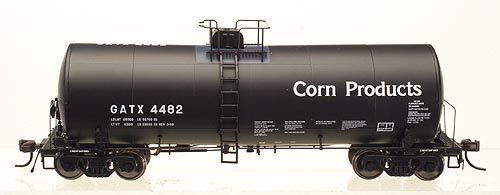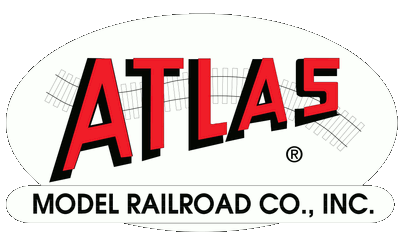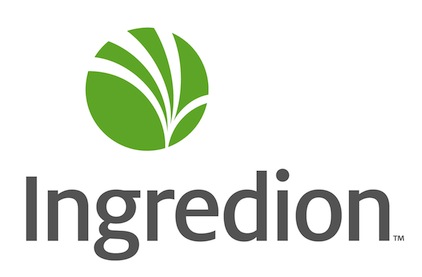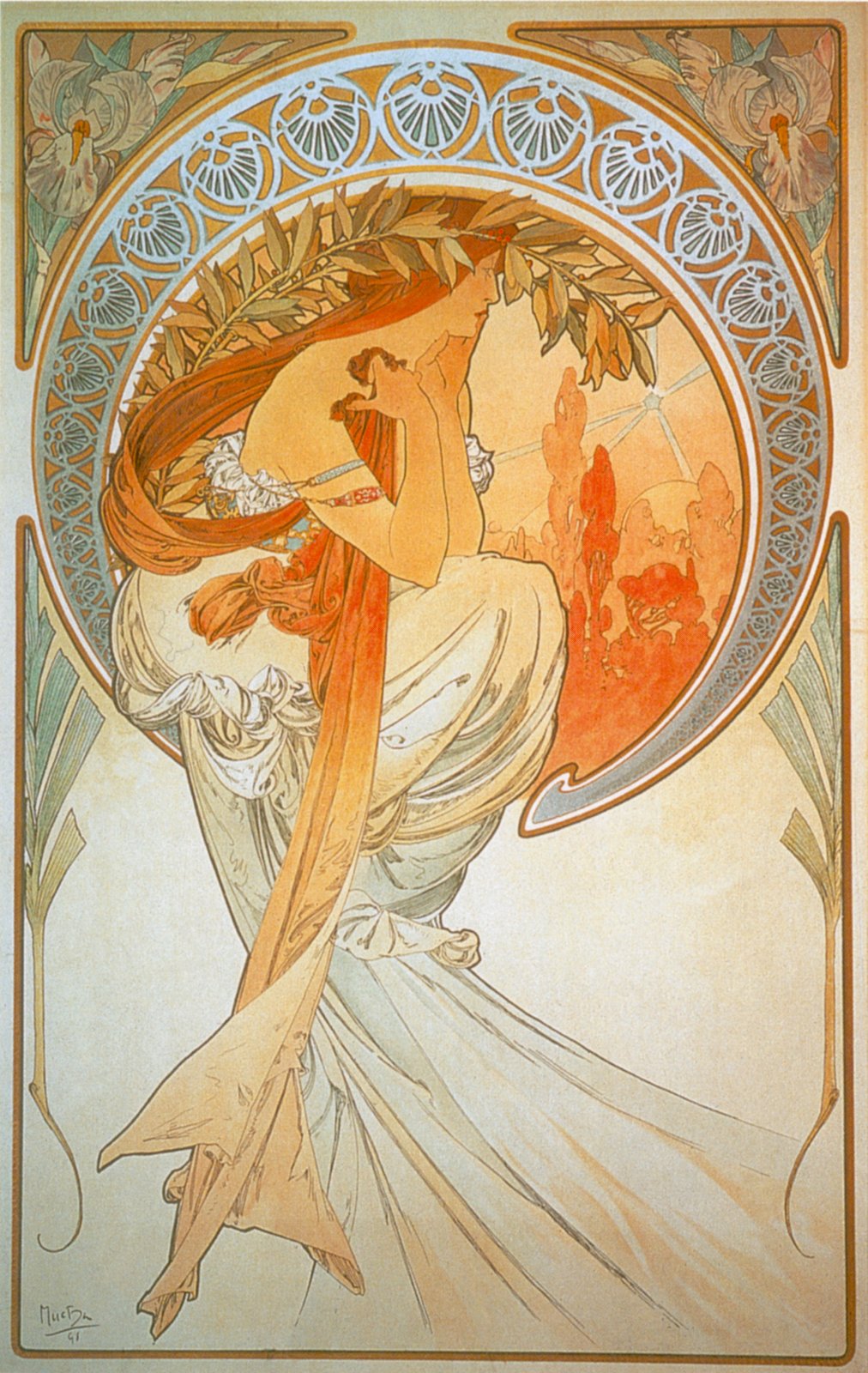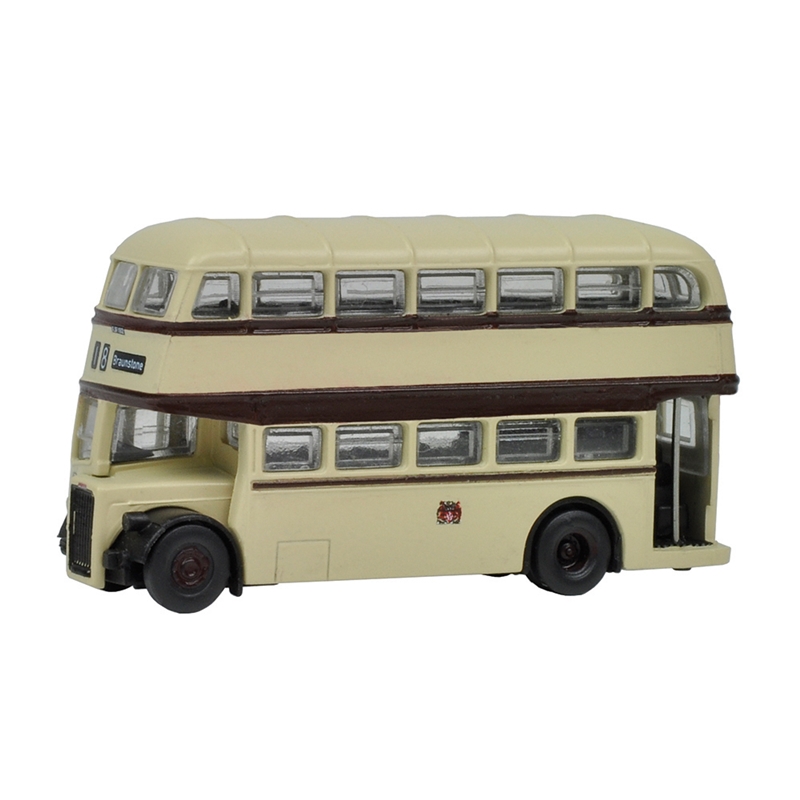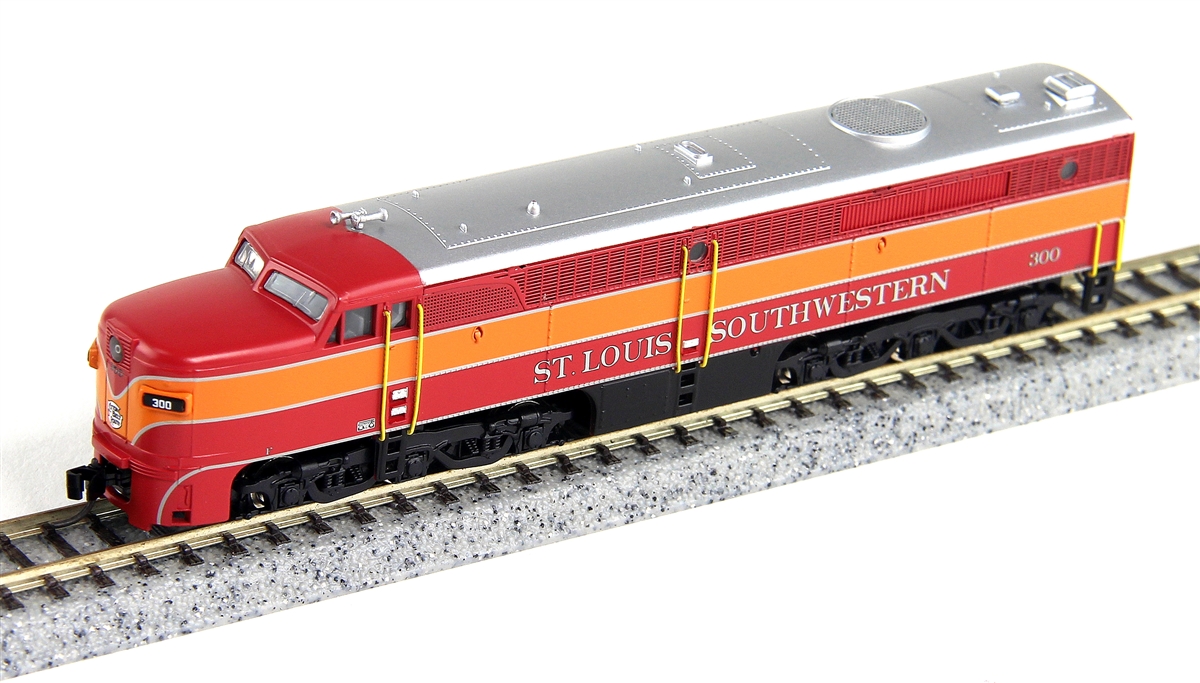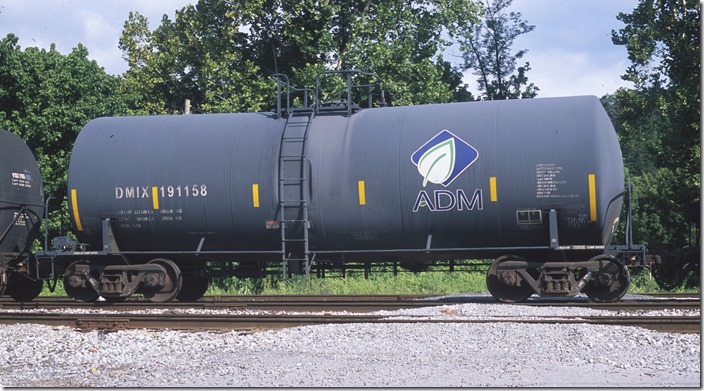Body Style Information: The 17,600 Gallon Corn Syrup Tank Car was built in large numbers by Trinity Industries between 1984 and 1998. They are commonly used in the transport of corn syrup, liquid sugar and molasses from processing facilities to bulk distribution centers. Over 7,000 cars were built and most remain in active service today.
Features: Three separate styles of manway / platform / ladder arrangements (used as appropriate per road name) Fine scale railings Separately applied brake rigging Separately applied manway “clamshell”-style cover (used when appropriate per road name) 100-Ton Roller Bearing Trucks Accurate painting and printing Full stand-alone brake system details Bottom outlet valve detail Stand-alone heater coil pipes Highly detailed body with prototypical jacket seams See-through top platform grating AccuMate® couplers
Features: Three separate styles of manway / platform / ladder arrangements (used as appropriate per road name) Fine scale railings Separately applied brake rigging Separately applied manway “clamshell”-style cover (used when appropriate per road name) 100-Ton Roller Bearing Trucks Accurate painting and printing Full stand-alone brake system details Bottom outlet valve detail Stand-alone heater coil pipes Highly detailed body with prototypical jacket seams See-through top platform grating AccuMate® couplers
Prototype Information: The 17,600 Gallon Corn Syrup Tank Car was built in large numbers by Trinity Industries between 1984 and 1998. They are commonly used in the transport of corn syrup, liquid sugar and molasses from processing facilities to bulk distribution centers. Over 7,000 cars were built and most remain in active service today.
The cars followed a common bent-barrel tank design that helps the product drain and unload easier. These cars are jacketed and insulated, and have exterior coil pipes to heat the commodity to promote faster unloading. Midland food-grade butterfly unload valves and Midland exterior spring safety valves were common appliances used on these cars. The biggest variation in the car production was in the manway / top platform arrangement. Several arrangements were specified by large shippers; for example ADM, Cargill, Corn Products, GATX, MCP, and Staley to name a few.
These tank cars are commonly used to transport varying grades of Corn Syrup, Liquid Sugar, and Molasses from processing facilities to bulk distribution centers and other end-users throughout the US and Canada. They are a very common sight on today's railroads, and they have been for two decades. This initial release features three of the most common manway/top platform arrangements as specified by ADM, Cargill, and Corn Products (among others).
The cars followed a common bent-barrel tank design that helps the product drain and unload easier. These cars are jacketed and insulated, and have exterior coil pipes to heat the commodity to promote faster unloading. Midland food-grade butterfly unload valves and Midland exterior spring safety valves were common appliances used on these cars. The biggest variation in the car production was in the manway / top platform arrangement. Several arrangements were specified by large shippers; for example ADM, Cargill, Corn Products, GATX, MCP, and Staley to name a few.
These tank cars are commonly used to transport varying grades of Corn Syrup, Liquid Sugar, and Molasses from processing facilities to bulk distribution centers and other end-users throughout the US and Canada. They are a very common sight on today's railroads, and they have been for two decades. This initial release features three of the most common manway/top platform arrangements as specified by ADM, Cargill, and Corn Products (among others).
Road/Company Information: Ingredion Incorporated (formerly Corn Products International, Inc) is an ingredient provider based in Westchester, Illinois. The company processes corn, tapioca, potatoes, and other raw materials into ingredients for the food, beverage, brewing, and pharmaceutical industries and numerous industrial sectors. It has more than 11,000 employees around the world, and customers in more than 60 markets in over 40 countries. In 2014, net sales were $5.7 billion.
The company, which began as Corn Products Refining Co. and later as "CPC," was founded by the merger of leading US corn refiners in 1906. It supplied the raw materials for Argo cornstarch and Mazola corn oil. CPC acquired starch factories in Europe from 1919 until 1987 when they were sold to the French sugar manufacture Beghin-Say and renamed Cerestar.
In 1981, CPC formed a partnership with Texaco to produce bioethanol at a plant in Pekin, Illinois. In 1995, the plant was sold to Williams Companies and, in 2003, continued as Aventine Renewable Energy. The company has a facility in nearby Mapleton, Illinois, along U.S. Route 24, which is part of an industrial area, a major area employer.
The Bestfoods division of the company known for brands Maizena, Knorr, Hellmann's / Best Foods mayonnaise, and Skippy Peanut Butter existed from 1958 until 1997 when the company split into Bestfoods, a packaged-foods company, and Corn Products International, a starch and sweeteners company. Corn Products International (CPI) is a Fortune 1000 Company.
In October 2010, CPI acquired National Starch of Dutch paints firm AkzoNobel for $1.3 billion in cash. It also took on pension and employee benefit liabilities.
The combined company employs approximately 11,000 people in North America, South America, Europe, the Middle East, Africa, and Asia-Pacific. It operates 37 manufacturing facilities in 15 countries and sales offices in 29 countries. Research and ingredient development centers are located in key global markets. In 2012, the company was renamed Ingredion.
From Wikipedia
The company, which began as Corn Products Refining Co. and later as "CPC," was founded by the merger of leading US corn refiners in 1906. It supplied the raw materials for Argo cornstarch and Mazola corn oil. CPC acquired starch factories in Europe from 1919 until 1987 when they were sold to the French sugar manufacture Beghin-Say and renamed Cerestar.
In 1981, CPC formed a partnership with Texaco to produce bioethanol at a plant in Pekin, Illinois. In 1995, the plant was sold to Williams Companies and, in 2003, continued as Aventine Renewable Energy. The company has a facility in nearby Mapleton, Illinois, along U.S. Route 24, which is part of an industrial area, a major area employer.
The Bestfoods division of the company known for brands Maizena, Knorr, Hellmann's / Best Foods mayonnaise, and Skippy Peanut Butter existed from 1958 until 1997 when the company split into Bestfoods, a packaged-foods company, and Corn Products International, a starch and sweeteners company. Corn Products International (CPI) is a Fortune 1000 Company.
In October 2010, CPI acquired National Starch of Dutch paints firm AkzoNobel for $1.3 billion in cash. It also took on pension and employee benefit liabilities.
The combined company employs approximately 11,000 people in North America, South America, Europe, the Middle East, Africa, and Asia-Pacific. It operates 37 manufacturing facilities in 15 countries and sales offices in 29 countries. Research and ingredient development centers are located in key global markets. In 2012, the company was renamed Ingredion.
From Wikipedia
Brand/Importer Information: In 1924 Stephan Schaffan, Sr. founded the Atlas Tool Company in Newark, New Jersey. In 1933 his son, Stephan Schaffan, Jr., came to work for his father at the age of sixteen. Steve Jr. built model airplanes as a hobby and frequented a local hobby shop. Being an enterprising young man, he would often ask the owner if there was anything he could do to earn some extra spending money. Tired of listening to his requests, the hobby-store owner threw some model railroad track parts his way and said, "Here, see if you can improve on this".
Atlas has made a ton of wonderful products throughout the years and we often get questions one whether we have run a certain road name on a particular model. It should be noted that Atlas locomotives and rolling stock are greatly appreciated for their superior operating and running characteristics. Atlas products are also well known for their outstanding collectability not only due to their superior prototypical workmanship, details and decoration, but because there are relatively so few of them made. Each and every production run has been carefully built to market demand, meaning almost every piece in any given run is sold out by Atlas on arrival or shortly thereafter, thus creating a built in collectors market.
Atlas has made a ton of wonderful products throughout the years and we often get questions one whether we have run a certain road name on a particular model. It should be noted that Atlas locomotives and rolling stock are greatly appreciated for their superior operating and running characteristics. Atlas products are also well known for their outstanding collectability not only due to their superior prototypical workmanship, details and decoration, but because there are relatively so few of them made. Each and every production run has been carefully built to market demand, meaning almost every piece in any given run is sold out by Atlas on arrival or shortly thereafter, thus creating a built in collectors market.
Item created by: devsummers428 on 2020-05-26 09:29:48
If you see errors or missing data in this entry, please feel free to log in and edit it. Anyone with a Gmail account can log in instantly.
If you see errors or missing data in this entry, please feel free to log in and edit it. Anyone with a Gmail account can log in instantly.


